
Articles on Neuroplasticity
Displaying 1 - 20 of 33 articles

Lifestyle-related dementia risks are complex, with factors like sleep, exercise, diet and social contact interacting with things like cognitive reserve, neuroplasticity and inflammation in the body.
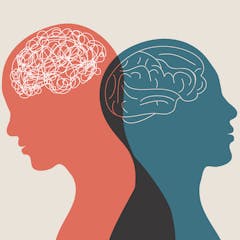
Combining psychotherapy with medication can lead to more immediate and enduring results by boosting the brain’s neuroplasticity.
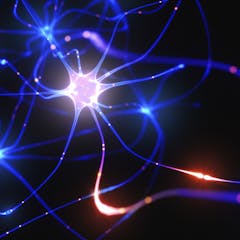
Pinpointing where memories are stored in the brain and how they are transmitted could provide new targets to treat neurological diseases and serve as models for neuromorphic computing.

‘Sensitisation’ can affect anyone, but some people may be more prone to it than others due to genetic factors, environmental factors or previous experiences.

Research shows that young adults and women are particularly susceptible to seasonal affective disorder.
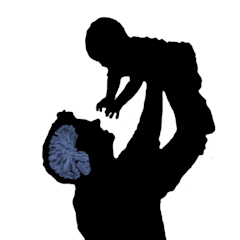
Neuroscientists know that pregnant mothers’ brains change in ways that appear to help with caring for a baby. Now researchers have identified changes in new fathers’ brains, too.

In a new study, a single infusion of the antidepressant – along with repeated exposure to positive imagery – significantly reduced symptoms in depressed patients in a clinical trial.

The key to understanding how brains can recover from trauma is that they are fantastically plastic – meaning our body’s supercomputer can reshape and remodel itself.
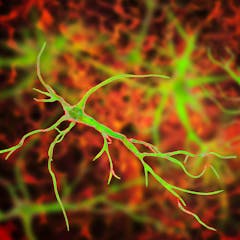
From the archive: new research helps unpick clues about the brain’s ability to change its structure. Listen to The Conversation Weekly podcast.

Mounting research shows that going for a swim can preserve memories, reduce mood disorders and increase mental acuity in all age groups.

A transcript of episode 13 of The Conversation Weekly podcast, including new research on neuroplasticity in the brain.

Plus, how researchers have discovered a biological switch that can turn neuroplasticity on and off in the brain. Listen to episode 13 of The Conversation Weekly podcast.
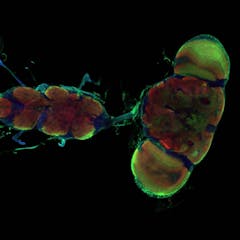
Adaptable neurons are tied to learning and memory but also to neurological disorders. By studying fruit flies, researchers found a mechanism that controls neuroplasticity.

Air traffic controllers have to process and manage large amounts of information to get airplanes to their destinations. The brain manages the incessant traffic of neurons in a similar fashion.

Sugar triggers dopamine “hits” in the brain, making us crave more of it. Sugar also disrupts memory formation.

Our ability to smell is a function of the brain, so it makes sense that an impaired sense of smell can point to cognitive decline. The good news is training our noses may be effective.

Popular accounts of the effects of microdosing don’t quite match the experience of long-term microdosers, according to this new research.

From dyslexia, to dementia to schizophrenia, there is evidence that playing games can help, while boosting family connections and emotional wellbeing.

Neuroscience labs around the world may need to reevaluate some of their assumptions about whether what works in animals will really produce meaningful treatments for people.

One professor explains how war in Iran led her to a career in biomedical engineering - a rapidly growing field that offers students exciting opportunities to serve humanity.
